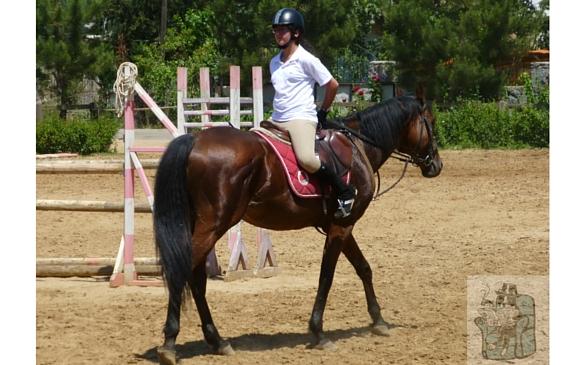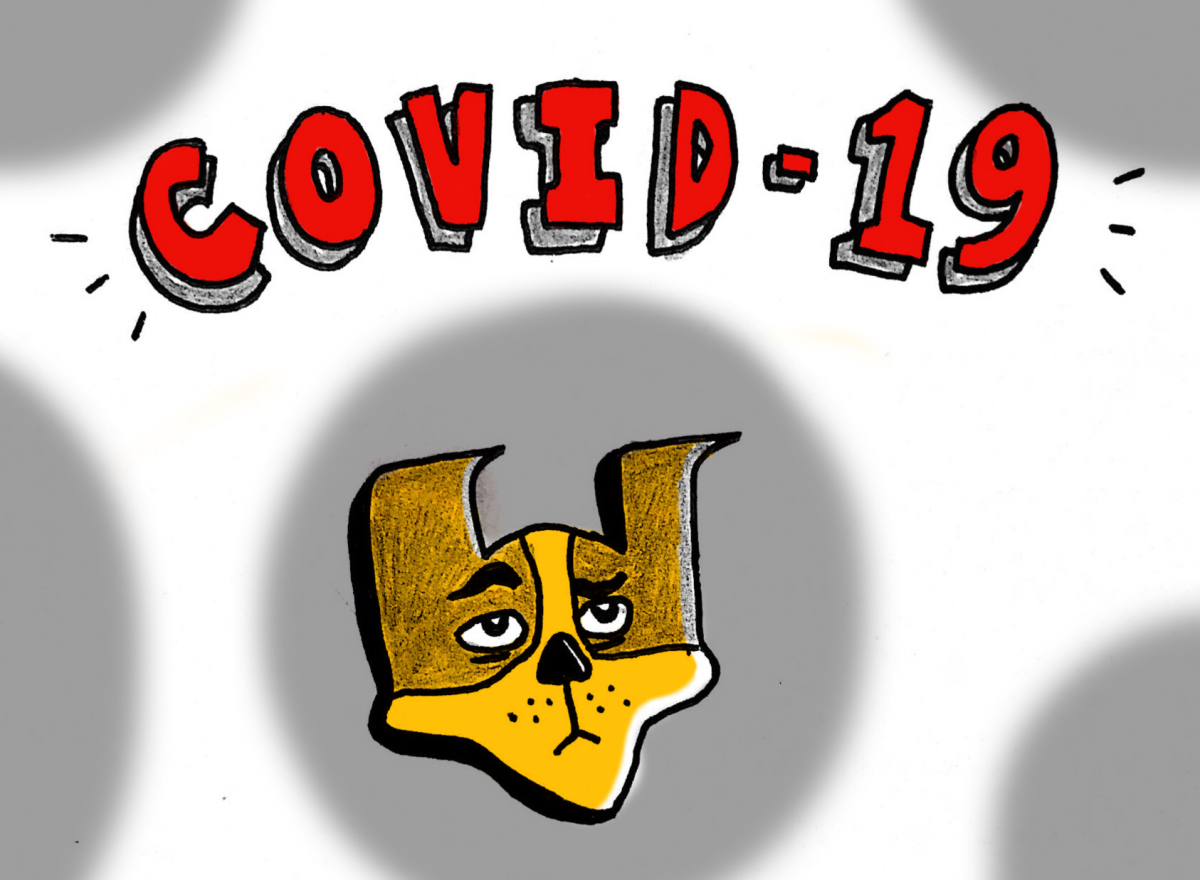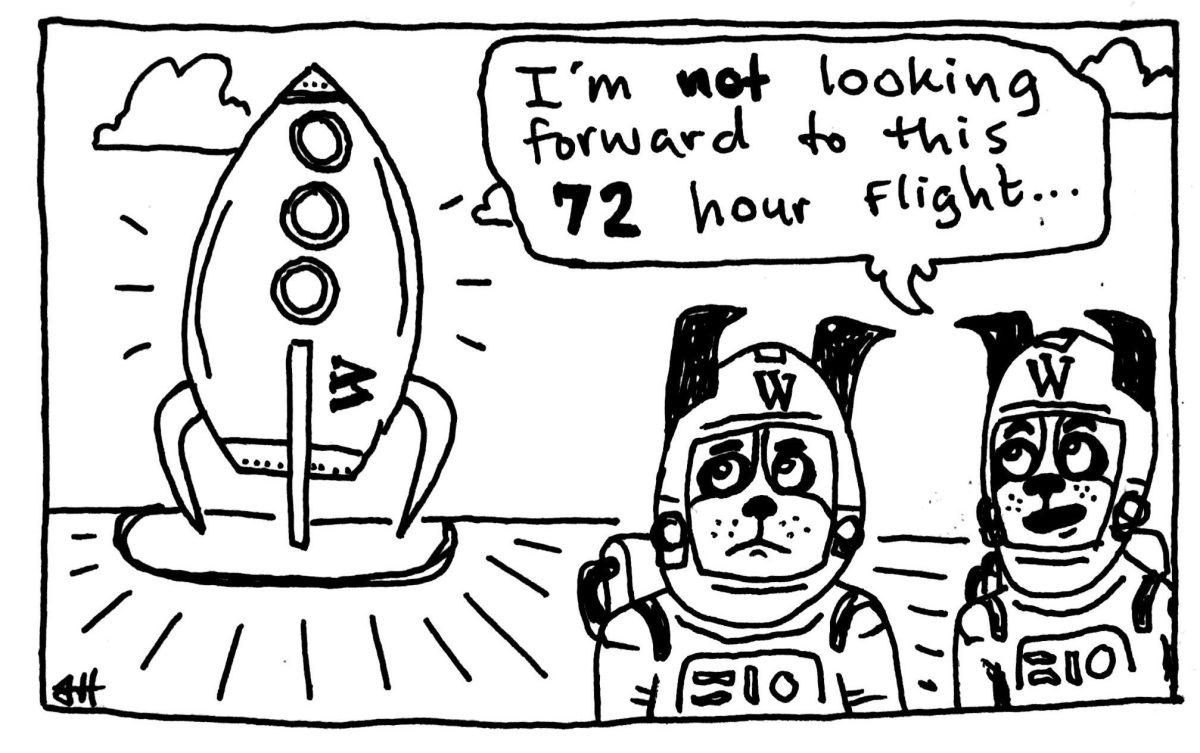By: Anti Horse-girl, Staff Writer
The Wofford equestrian team includes 86 members, 22 donated horses, a nationally-renowned coach, and two national championship titles. Despite the 50-60 recruits that tour Wofford each year specifically interested in its equestrian team, college administration has recently pulled the plug, says coach Winsom.
“We just decided to add an archery team this week, and we have had three students request a ballroom dancing troupe on campus, so the equestrian team might be a thing in the future, but we haven’t seen the interest yet. Right now, we are prioritizing the sports teams that students want.”
Director of Campus Recreation and Intramurals Joe Tenure says that all potential new teams must demonstrate a positive impact on campus before being considered for NCAA status.
“We chose to delay creating an NCAA equestrian program because we couldn’t see its benefit over sports like ballroom dancing,” he says.
Athletes within the already established NCAA D-1 teams, such as senior basketball player Stephen Buckett, agree with the decision.
“It’s not a real sport,” he says. “Maybe for the horse, but not for the person sitting on top of it! The horse does all the work!”
Buckett also admits that horses scare him “because they’re evil and could kill him,” but that this fact does not merit calling horseback riders athletes. While he’s not sure that ballroom dancing is a sport, either, Buckett says that ballroom dancing at least requires its practitioners to use their bodies.
In the past three months, riders on the current club team have signed petitions, brought 23,659 signatures to the administration and called for the establishment of a D-1 team. Instead, the athletics department will be adding “sports more conducive to co-ed programs.”
The Wofford equestrian team is a co-ed team, but Winsom argues that the other sports will draw “a Wofford type of person” to the college, while horseback riding takes less skill, dedication or guts and therefore is less desirable:
“We don’t want students, men or women, who are too lazy to walk—it takes no talent to sit on a sentient couch. We’d much rather them stand in place and practice precision with a bow and arrow.”
Winsom draws parallels between the new archery team and the long-established rifle team.
“This sport has drawn huge interest to the college, and we think riflery and archery will complement each other nicely.”
Senior rider Greta Gripp disagrees entirely.
“I can almost guarantee that no one on staff at Wofford has ever touched a horse before, much less tried to stay on one. Riders manipulate each step the animal takes, guiding horses through incredibly precise movements,” she says. “Nope, guiding is too nice a term. You’re literally using your legs to steer a thousand pound animal straight for a fence, then manipulating their steps so that they take off correctly instead of crashing into it. It’s not just aesthetics—there’s an element of survival.”
Buckett, who has never ridden a horse, disagrees.
“It looks so easy! The horse is literally carrying [them]—I don’t understand why they are so tired after their practices.”
Some athletes stick up for the equestrians, however, like sophomore cross country and track member Lindsey Swiftfoot. A rider as a child, Swiftfoot quit riding horses to run long-distance footraces—because it was easier:
“Riding is like running, but without the swinging stride of your legs. It’s basically like doing squats while running on your heels in perfect rhythm. I couldn’t handle it, after a while. I don’t understand people who can control the distribution of weight in their seat or manipulate their ‘inner energy’ to influence the horse subtly,” she says. “I’d rather run ten miles barefoot than ride a horse for an hour any day.”
Equestrian team Head Coach Barbara “Bea” Champion says that the team will continue to compete as a club team and beat Furman University, the College of Charleston, Clemson University and the University of South Carolina in their seven-month season spanning both semesters.
“We’re consistently competing against and beating these caliber opponents that you might not always find in other sports—what may be football, basketball or baseball’s big game is our every weekend,” she says. “When the college finally decides to create a program around the success we’ve already found, we’ll be ready with our trophies.”
Disclaimer: This is a satirical article of pure fiction for our April edition, The Old Black & Blue



































